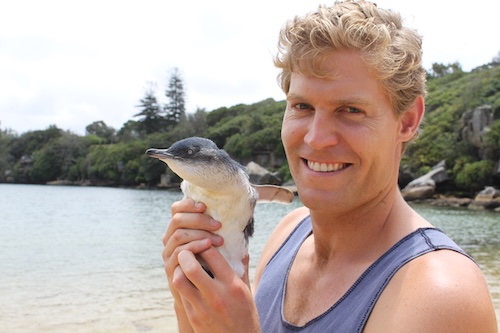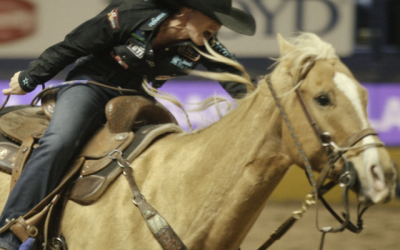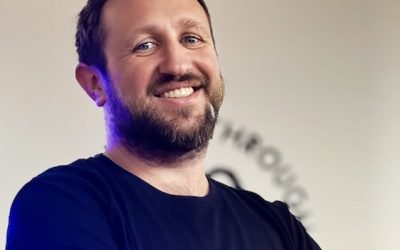For as long as I’ve worked in international TV, distribution has been in a constant state of flux – most recently with streamers hoovering up rights and the numerous mergers and acquisitions we’ve seen in recent years. In some cases, this has led to the demise of long-established distribution companies. However, the rapid growth in digital opportunities has injected new life into those traditional distributors who have been quick to respond to the market and ride the winds of change.
Now, we have a new breed of distributors successfully operating at the forefront of the digital revolution, understanding and creatively managing the myriad new opportunities for monetising content, knowing what factors are essential for success and working hard to ensure no rights are left on the shelf.
For the most part, these companies have evolved from producers to producer/distributors and then to digital distributors, always valuing not just the importance of owning and managing the right type of IP, but also continuously working to understand where their audiences are and how to best engage with them.
Within WTFN, which started as a production company, we aligned our traditional distribution business, Fred Media, with our then-fledgling digital business, Radar, a couple of years ago and announced a Total Distribution philosophy. Put simply, all this means is that we leave no rights unexploited for the owned and third-party content we represent. But the reality for the business is that it enabled us to evolve into a dynamic, full-service distributor that now undertakes everything from channel creation and incubating native YouTube creators to building communities and commissioning our own content.
In fact, it is probably more accurate to say many of us are now in effect acting as digital studios: in addition to being distributors, we are broadcasters, commissioners, producers, programmers and agents, populated not just with sales and acquisition executives but with strategists, creatives, data/audience analysts, tech experts and smart, agile thinkers who do things differently.
Companies sitting on strong, volume IP should have a head start, but content alone does not make a king in the digital world. It needs to be understood, managed creatively, and properly nurtured to achieve maximum returns and grow audiences. For example, just dropping multiple seasons of a popular ob-doc series onto a YouTube channel simultaneously would be a wasted opportunity.
We have successfully grown our Bondi Vet brand across a range of single IP and partner digital channels worldwide, utilising a mix of complete episodes, behind-the-scenes footage, and clips from its 14 series, drip-fed strategically over time. It has become a digital juggernaut, and to keep feeding the beast, we have used some of its revenue to create new content. We were able to produce this at a lower price point than for a broadcast commission, but the strength of the brand has still generated demand from broadcasters. This new content premiered on the Bondi Vet YouTube channel (1.5M subscribers) and has since been used to create new TV seasons, which have sold for linear broadcast. To us, this is a great example of Total Distribution in action.

Bondi Vet
I think it’s interesting that traditional broadcasters are realising that just because it wasn’t commissioned for TV, it does not mean that it won’t make for great TV. Mr Beast and the Sidemen are prominent examples of massive digital brands that have made the leap, but there are lots of smaller ones breaking through. We spotted the opportunity for Never Too Small, an existing YouTube series about design and the search for the best small spaces around the globe. It already had more than 300 million views – a great audience – so we knew broadcasters would respond to that, and we were right.
Content, of course, remains an essential requirement for any distribution business, but the new breed of digital distributors realise that this is no longer our only asset. The channels we own and manage – whether FAST or on YouTube, Facebook or Snapchat, etc, are powerful assets, as is the talent we work with and, significantly, the audiences we help find and grow. This puts us in an enviable position compared to our predecessors. Still, we will only continue to succeed in this rapidly developing digital world if we carefully invest in, support, and nurture these assets.
Derek Dyson is Chief Commercial Officer at WTFN and Radar





